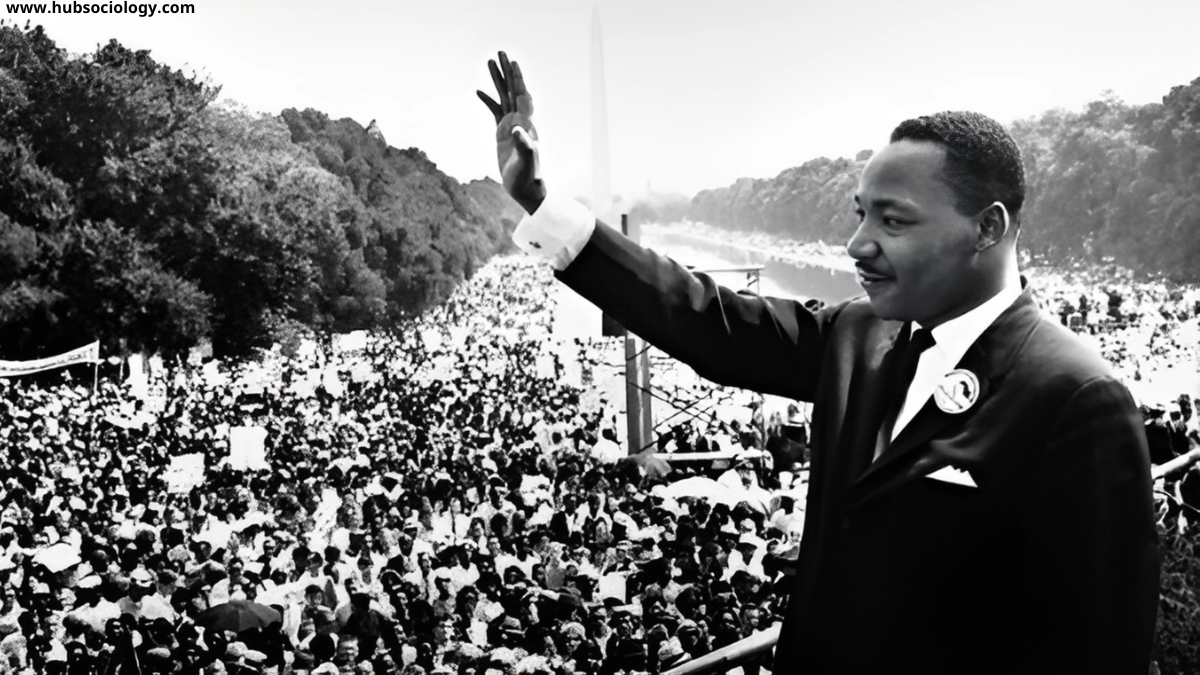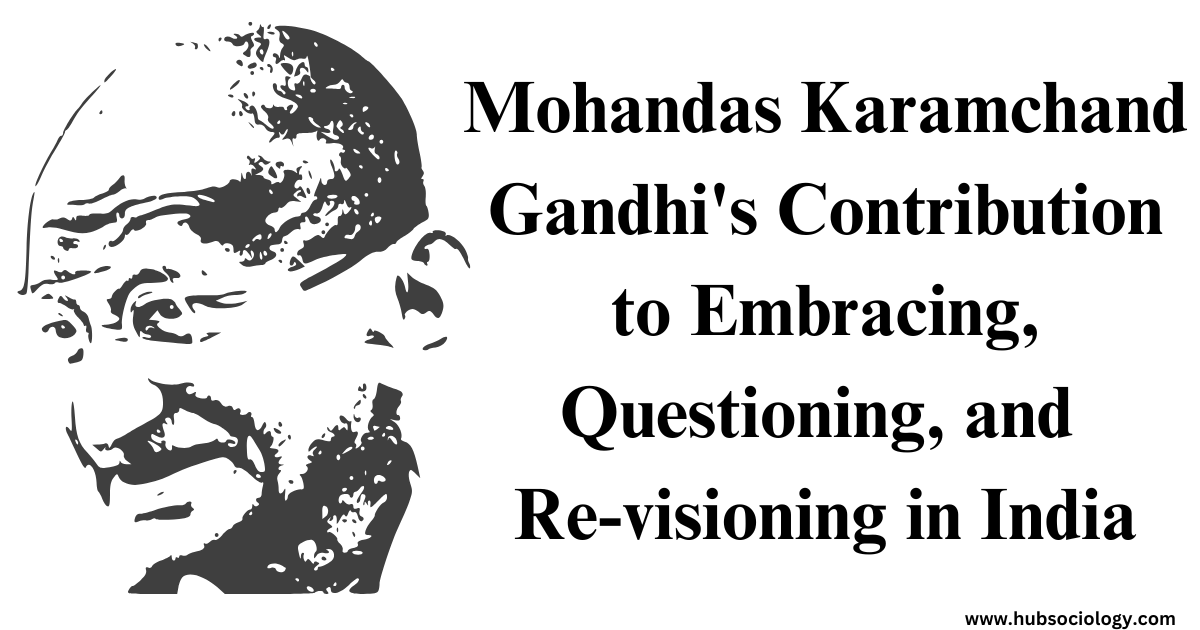Role of Leadership and Ideology in Social Movement: A Sociological Perspective
Introduction on Role of Leadership and Ideology Social movements are collective efforts by groups of people who seek to bring about, resist, or reverse social change. They represent organized challenges to existing power structures, social norms, and cultural values. In sociology, social movements are analyzed not only in terms of their goals and strategies but … Read more









